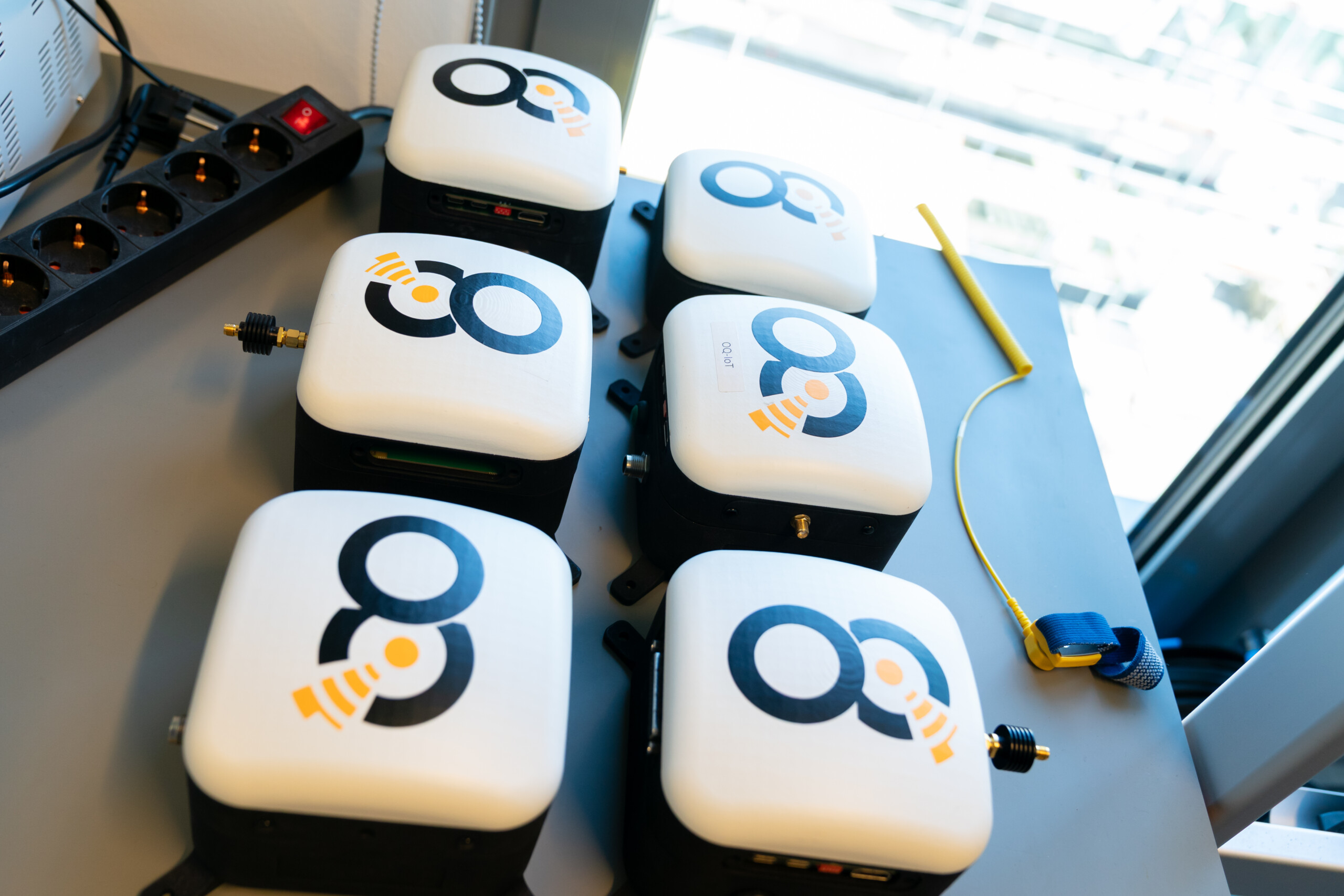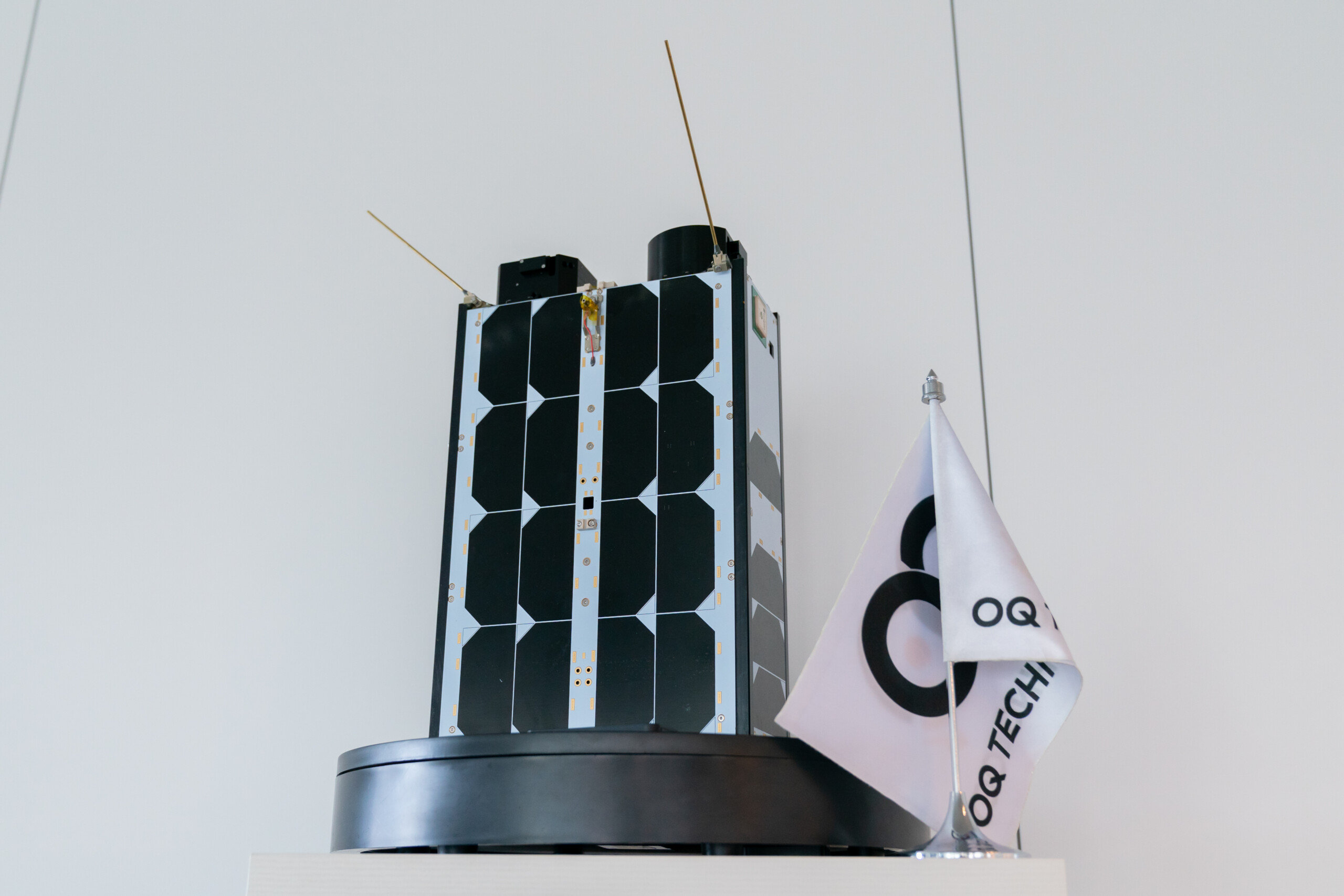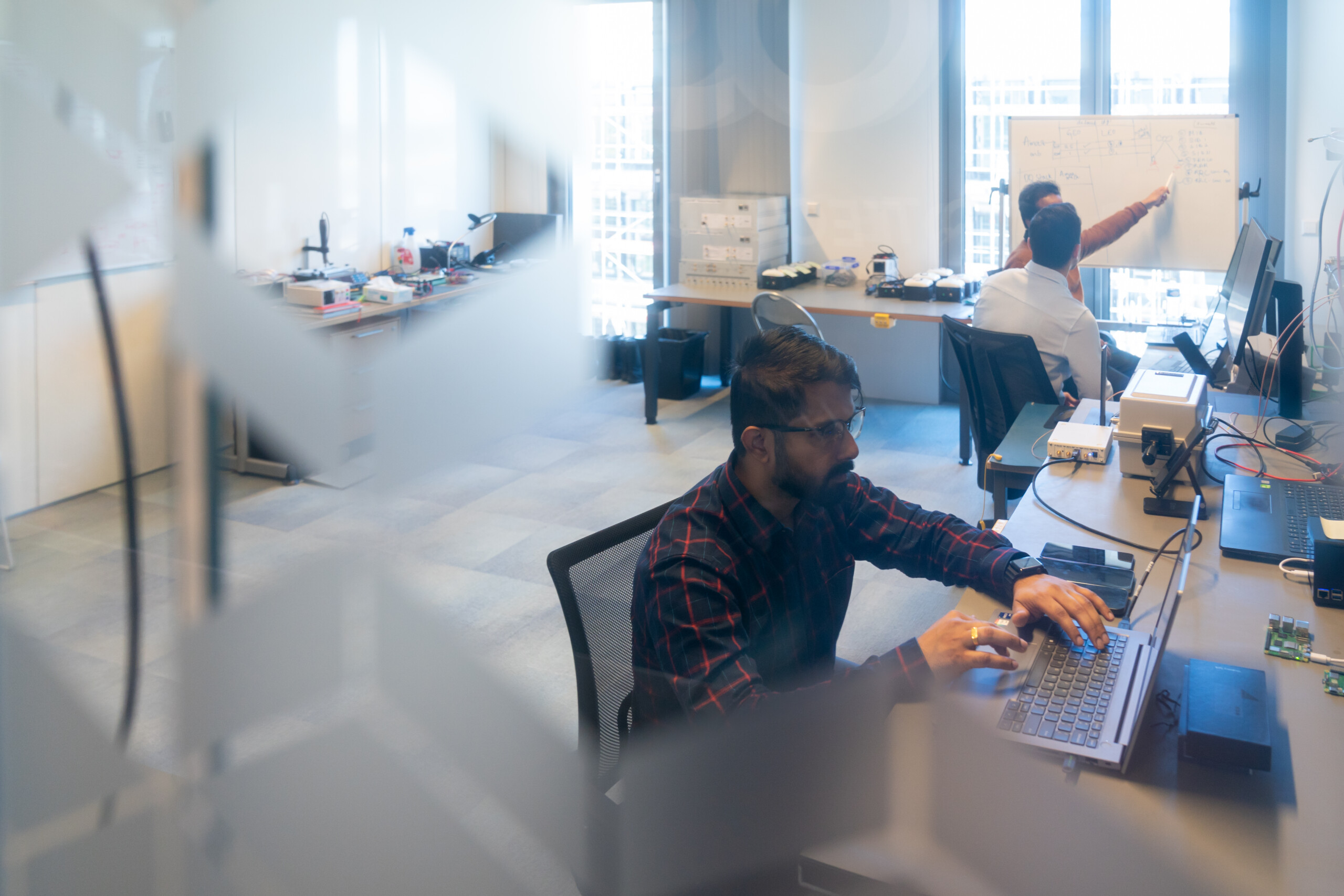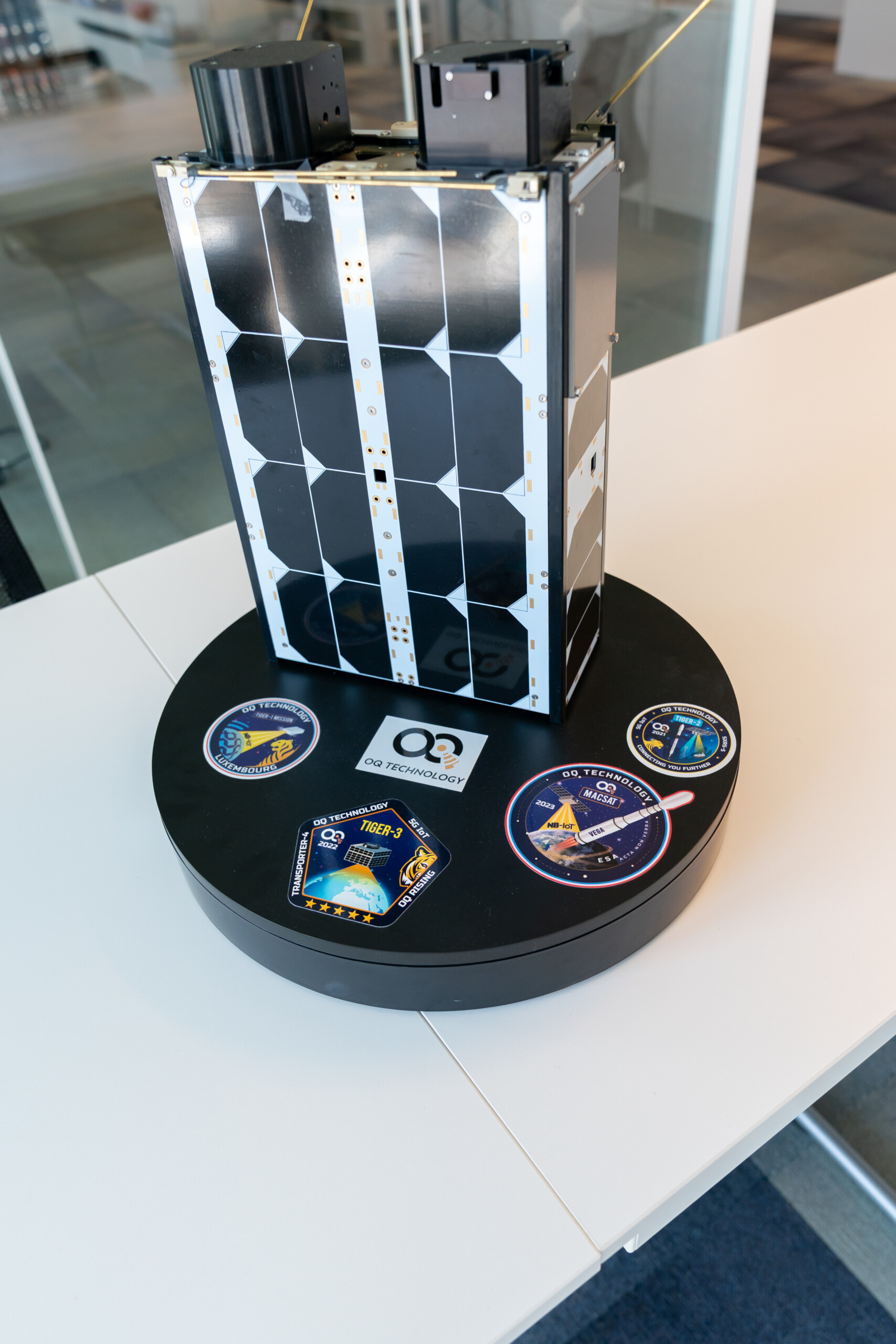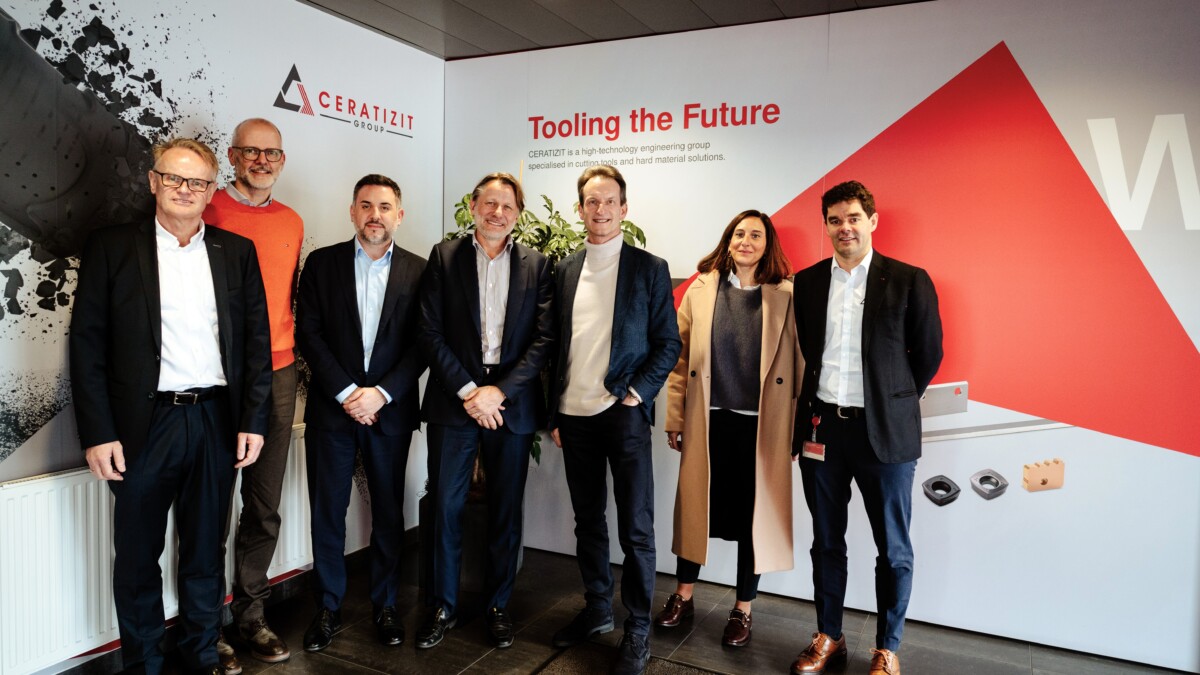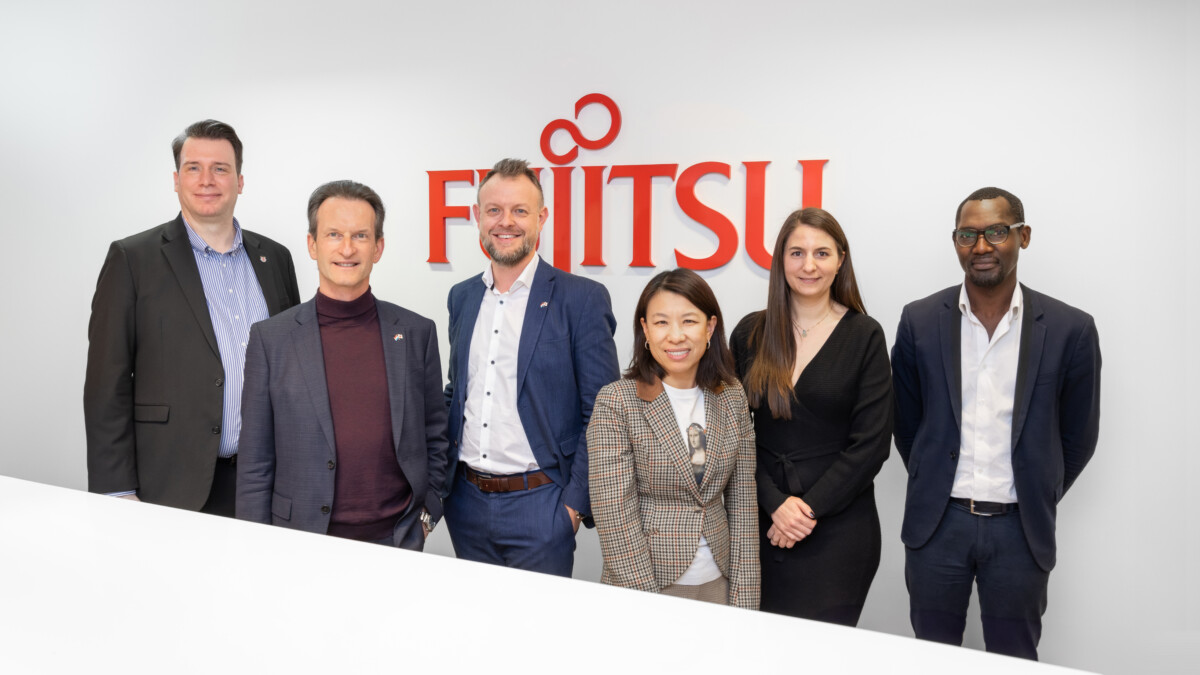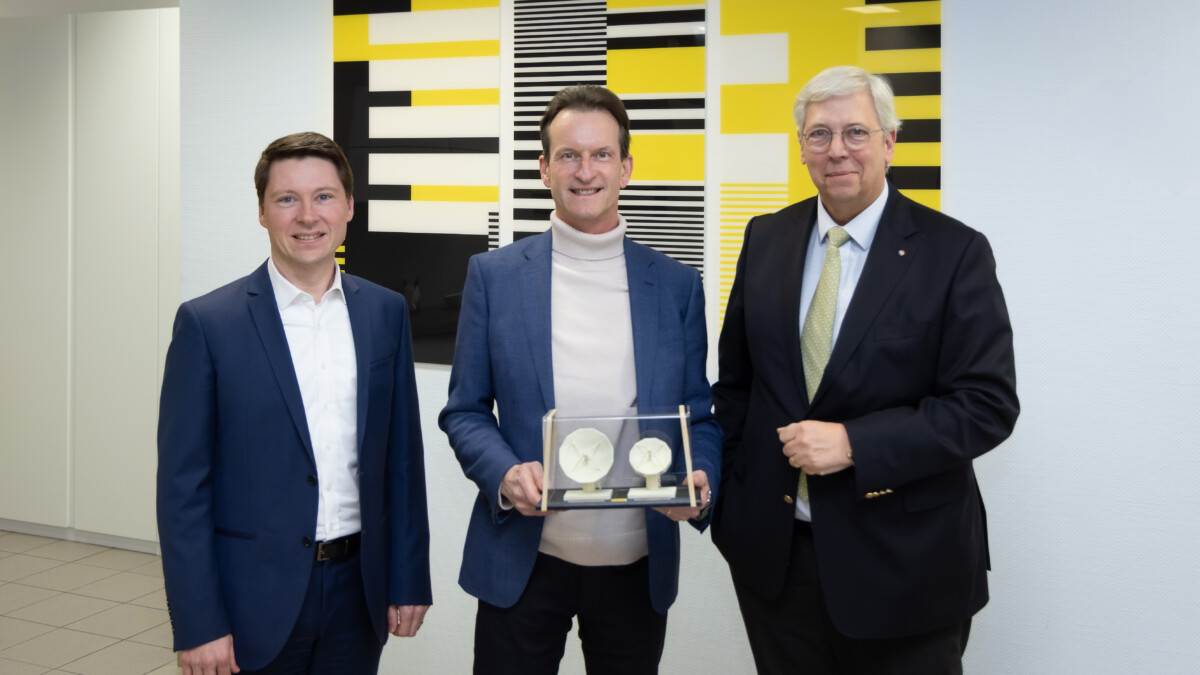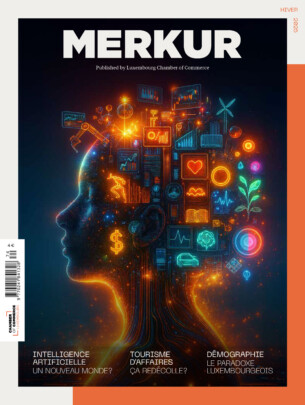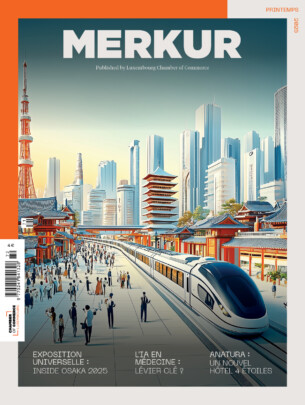Since its founding in 2016, OQ Technology has been quietly revolutionizing the world of satellite IoT. Headquartered in Luxembourg and with a presence in the UAE, Greece, the U.S., Saudi Arabia, and Rwanda, the company is on a mission to bring low-cost, plug-and-play connectivity to even the most remote parts of the world. We sat down with Omar Qaise, founder and CEO, to talk about satellites, smartphones, and what it really takes to build a space tech company in Europe. Interview with Omar Qaise, Founder and CEO of OQ Technology.
(Visited 04th April, 2025)
Our goal is simple, but ambitious: to connect the unconnected. We’re building a constellation of Low Earth Orbit (LEO) satellites that provide global 5G non-terrestrial network connectivity. What sets us apart is that our tech is compatible with existing cellular standards, specifically, 3GPP Release 17. That means devices don’t need to be modified to connect to our network. They’re plug-and-play, long-lasting, and cloud-ready.
We’ve developed a patented technology that allows billions of users to stay connected using existing 5G NTN IoT modules, standard smartphones, and a seamless blend of terrestrial and satellite networks. It’s a game changer, especially for regions without traditional telecom infrastructure.
We were selected from over4,000 applicants to receive support from the European Innovation Council (EIC) Accelerator program. That includes a 2.5 million euros grant and up to 15 million euros in equity financing. We’re incredibly proud to be the first Luxembourg-based space company to receive this level of support. It’s a strong vote of confidence in our mission and it’s helping us scale fast.
The race is on to be the first to offer « direct-to-smartphone » connectivity from space and we intend to win it. We’re currently the only European company actively competing in this space; most of the other players SpaceX, GlobalStar, AST SpaceMobile, Lynk Global, are based in the U.S.
We already have launched 10 satellites missions into orbit, but we’re aiming for 25 more in the near term and ultimately a constellation of 72. Alongside that, we’re improving our antenna tech and developing defense-sector applications. We’re also conducting drone-based tests with a major European defense contractor. Beyond that, we’re looking ahead to 6G satellite capabilities and aligning with the next generation of global cellular standards.
The direct-to-device market alone is estimated at 1 trillion dollars. Our business plan aims for a 5–10% market share by 2035.
Several things. First, our LEO satellites orbit at 500–600 kilometers above Earth and weigh under 20 kg, compared to traditional GEO satellites that are 36,000 kilometers up and weigh over 1,000 kg. Our setup dramatically reduces latency and enables real-time responsiveness.
Second, we’re already commercial. While other companies are still testing, our network is operational. Clients like Aramco, STC, Deutsche Telekom, and Telefónica are already using our full-stack solution.
We’ve secured key patents in both Europe and the U.S., covering everything from hardware to software to payload design. Also, we don’t lease spectrum, we are authorized to use own spectrum. That gives us strategic independence, which is a massive advantage.
Funding remains a major challenge. Luxembourg has been incredibly supportive on the public side, but we need more private and sovereign investment locally, especially from venture capital firms or sovereign funds willing to back deep-tech space startups. Most of our private funding interest comes from outside Luxembourg. We’d love to see more local VC engagement.
Talent acquisition is another issue. Recruiting people with the right expertise in Luxembourg is tough, and relocating global talent is even harder given the high cost of living. These are structural challenges we need to solve to remain competitive.
Resilience. Not everyone is built for this journey. You have to power through the setbacks, hold your ground, and keep pushing. There will be wins and losses, but your mindset and determination define whether you make it through. You have to be confident enough not to take « no » for an answer.
I’ve always found inspiration in people who think differently. Einstein has been a long-time source of fascination for me. And I enjoy the strategic wisdom in Robert Greene’s books, they really resonate in the startup world.
Invest it in OQ Technology!
My parents wanted me to become a doctor. But I’ve never liked the sight of blood! Space has always been my passion, even as a kid. I truly feel like I’ve found my calling, and I wouldn’t trade it for anything.
More info: https://www.oqtec.com
Discover more stories



